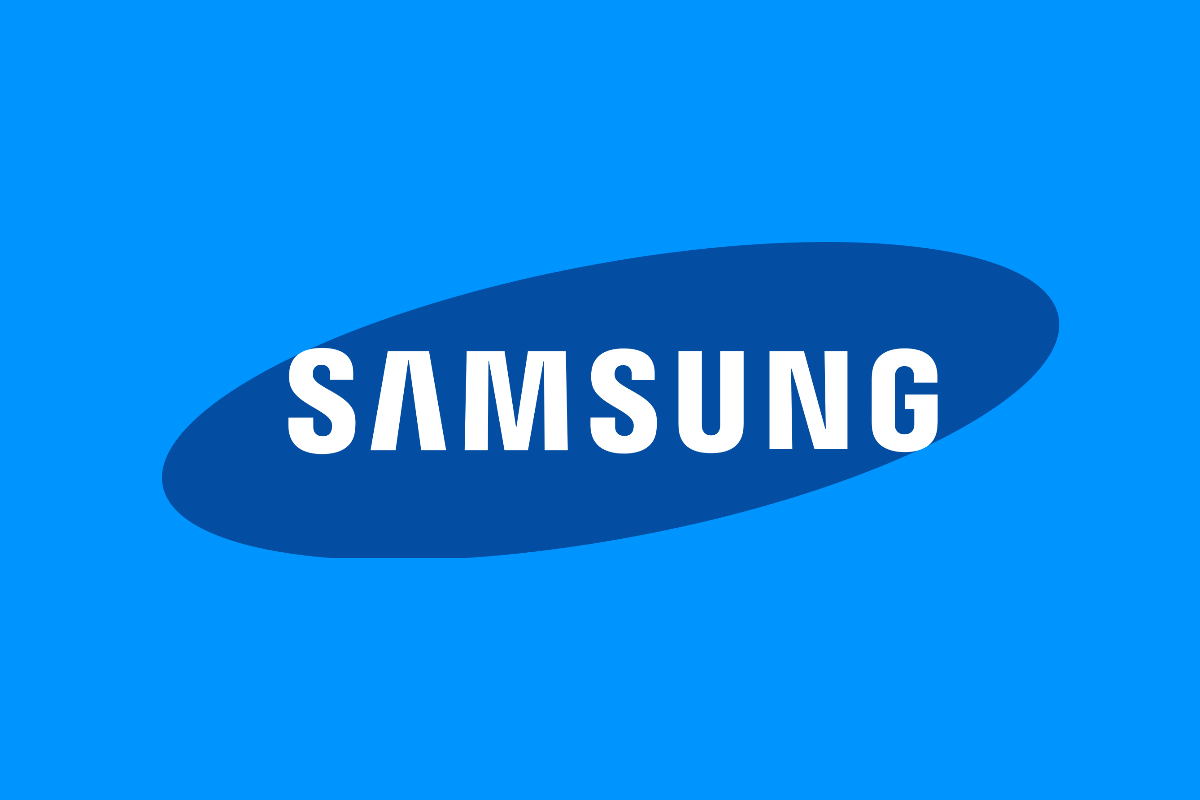Samsung themselves own the factories that manufacture Samsung smartphones across the globe, but it seems that the company is beginning to outsource manufacturing of some of their products sold in China. We first heard about this arrangement via a report from The Korea Herald which alleged that Samsung would be outsourcing manufacturing of some of their products to a Chinese ODM that frequently does business with Xiaomi—Wingtech. While the company neither confirmed nor denied that rumor, the Wi-Fi certification (via PhoneArena) for the upcoming Samsung Galaxy A6s suggests that it does appear to be manufactured by Wingtech. The smartphone with model number SM-G6200 is rumored to launch next week as the Samsung Galaxy A6s, though we don't know if the marketing name will change for the international release.
To be clear, there isn't a problem with Samsung outsourcing manufacturing of its latest smartphone to a Chinese ODM, but the fact that the company sees this as necessary speaks volumes about their woes in China. Research conducted by Strategy Analytics showed that earlier this year, the company had a sub-1% market share in the region. Outsourcing manufacturing to a local company means they can lower the costs of production and hopefully pass those savings onto consumers in a price-conscious market. It's unclear whether Samsung has plans to outsource manufacturing of more products or if it will be limited to devices they intend to only sell in China, however.
The Samsung Galaxy A6s appears to be a mid-range dual camera Android smartphone that the company intends to release next week. It has a 5.99-inch notch-less display and is expected to feature the Qualcomm Snapdragon 660 system-on-chip according to its certification documents. It also appears to have a 3,300mAh battery to power it. We can't say how well it will sell in China as previous Samsung handsets haven't been selling too well in the market regardless of how much effort the company put in. Although, Samsung's renewed focus on their mid-range smartphones, as evidenced by the recent Samsung Galaxy A7 launch, could turn things around.

